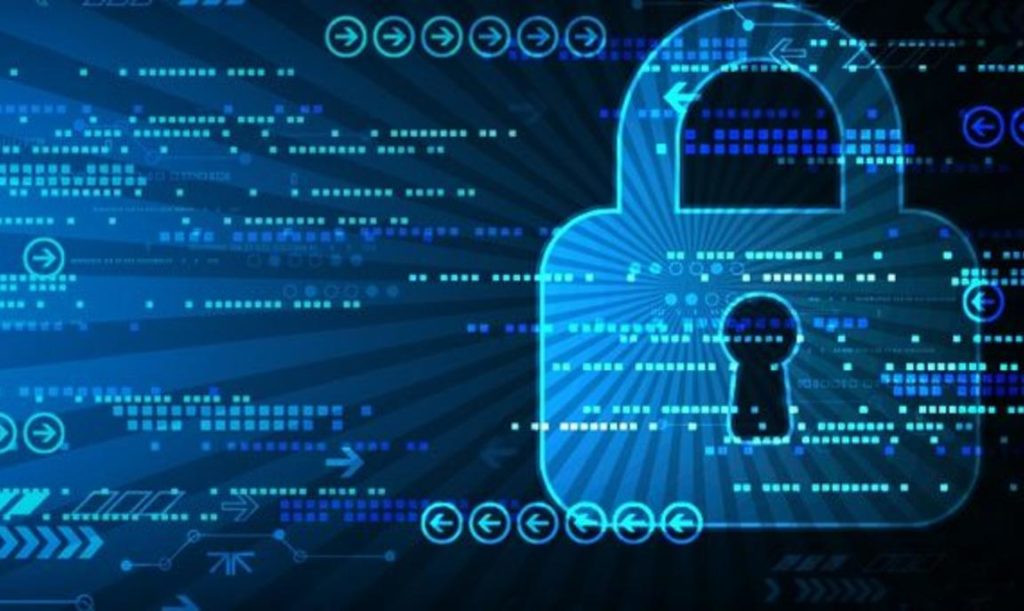Contents
More and more people use smartphones, tablets, PCs and computers on a daily basis. For personal use or for remote work, these devices play a very important role in our lives these days. Because the number of gadgets per person has increased, with many people owning and working with several at the same time, they risk being attacked by hackers. It doesn’t matter if your device runs Mac OS, Windows, Android, iOS, Linux and so on. You aren’t truly safe from cyber attacks unless you know what the right tools for its protection are.
Many of us aren’t interested in keeping our gadgets safe from online threats. Others just don’t have the time for that or they rely on the security solutions already installed on their devices. It’s a completely wrong approach to take, particularly with an ever-increasing number of cyber attacks. If you don’t want to lose important data stored on your tablet, smartphone or computer, you must start to rely on security suites as soon as possible.

Luckily, there are many great ones on the market. Before you decide to take a look at the strongest antiviruses available for you, let’s see the best five ways to improve the security of your home computer!
Implement password protection
Passwords are the first thing that hackers think of when preparing an attack. Many device owners use weak passwords when creating an account online. If you don’t want cyber criminals to compromise yours, make sure you use something very strong. It’s recommended to include more than eight characters when creating a password. Use lower case, upper case, symbols, numbers and letters for yours. Also, don’t use the same password for every site you visit and have an account with. A password manager is your best option for managing all your passwords. Another tip from us to you: never save a password on the applications you use with your PC.
Make sure your device’s OS is up to date
Windows, for example, has some in-built security tools. Hackers know how to by-pass them and they’re very successful at it. WannaCry was just one of many cyber attacks that found a glitch in Windows 10 and exploited it, much to the annoyance of computer owners. This is why you need to let your gadget’s operating system update itself whenever it needs to. Don’t ignore the messages you receive from it. These updates are there with a very important role: to keep your device’s system safe against all kinds of threats.
Use a safe web browser
Forget Safari, Internet Explorer and any other outdated web browsers. Google Chrome, Mozilla Firefox and Opera are some of the much better alternatives for your gadget. Hackers love to look for bugs in your favorite web browsers. To avoid them finding issues with it, make sure it’s updated to the most recent version. The latter offers ways to keep your device safe from various security risks.
Make regular backups for your important files
This is a very good idea, particularly if you store a lot of crucial data on your gadgets. Create backups often and on a regular basis. You can choose to do it on your own or via data backup programs available online. They’re either free or you’ll have to pay $30-$40 for one. Some of the Windows versions out there already have a program called Wizard which you can safely use for backup purposes.
Find a strong antivirus and install it
These days, security solutions are more and more reliable. You can choose from a wide variety of antiviruses, each meant for certain needs and budgets. Pick the one with the biggest number of tools. If you use one that protects you only from viruses, for example, your computer will get attacked by different other types malicious software. Before you decide on a security product, take a look at what it offers. The best ones deliver protection against spam, Trojan horses, phishing attacks, ransomware, spyware and so on.
Connect only to safe networks
If you use your computer at home, it’s recommended to stay away from Wi-Fi spots. Especially those that don’t use a strong password. Use a cable connection instead and create a username and a reliable password for it. Also, remember to disconnect from the Internet if you’re not using it for various purposes. If your PC allows you to do it, make sure you choose the option that says log off after a certain amount of keeping it in idle mode.
Home PCs are the target of hackers every day. It’s very easy to end up with loss of sensitive data if you don’t know how to keep your device safe against cyber attackers. Fear not. We have five ways to improve the security of your home computer. Make the most of them and you’ll have a very well-protected PC!



